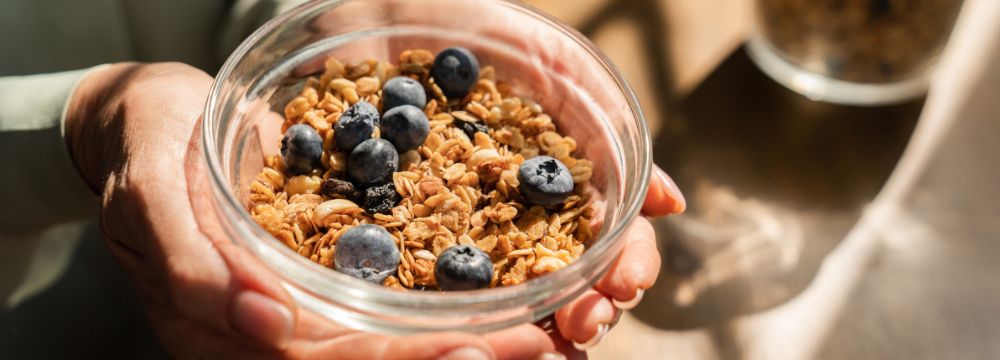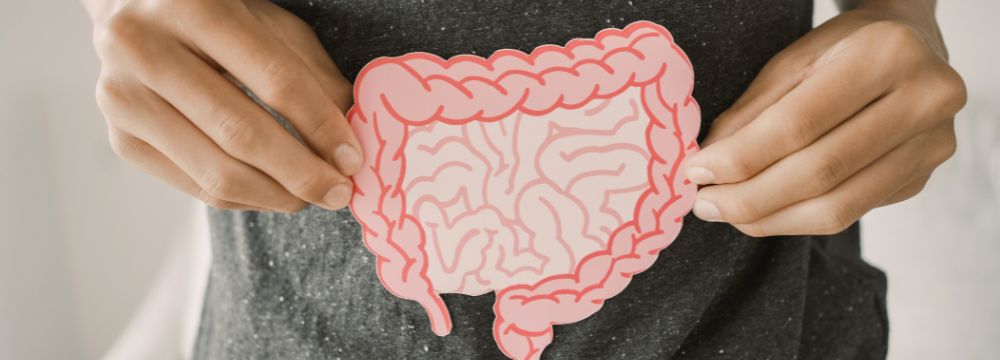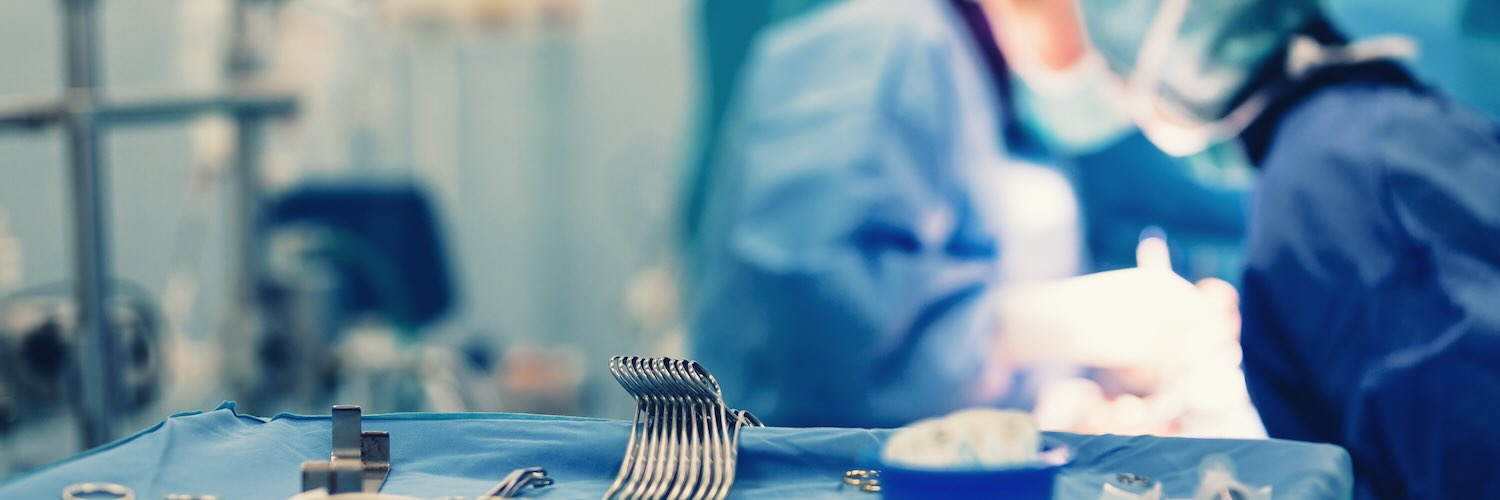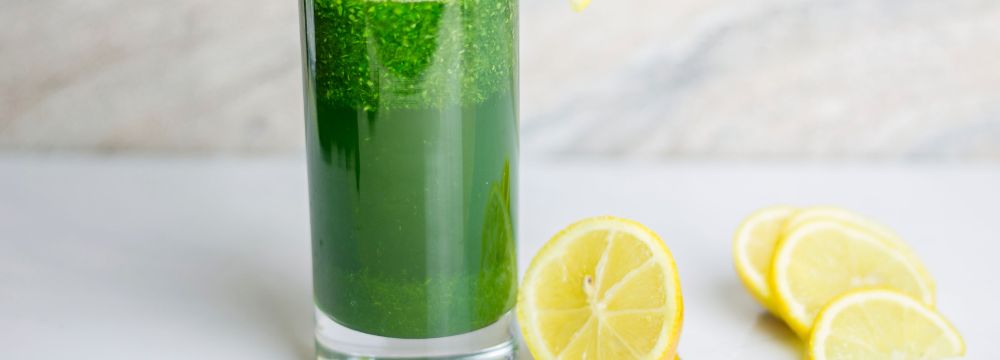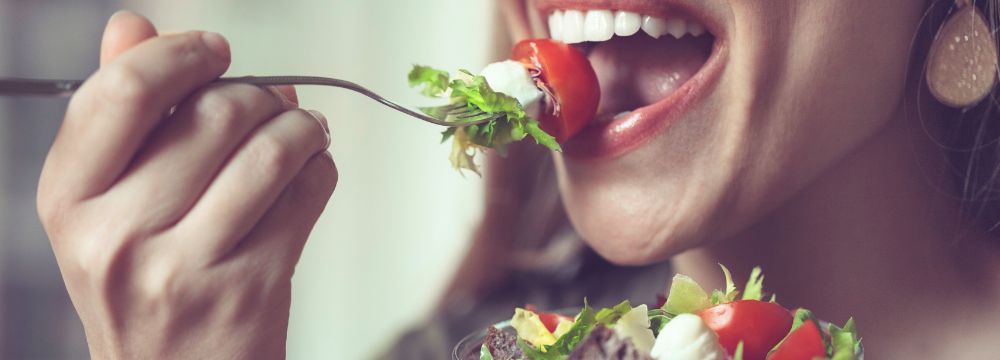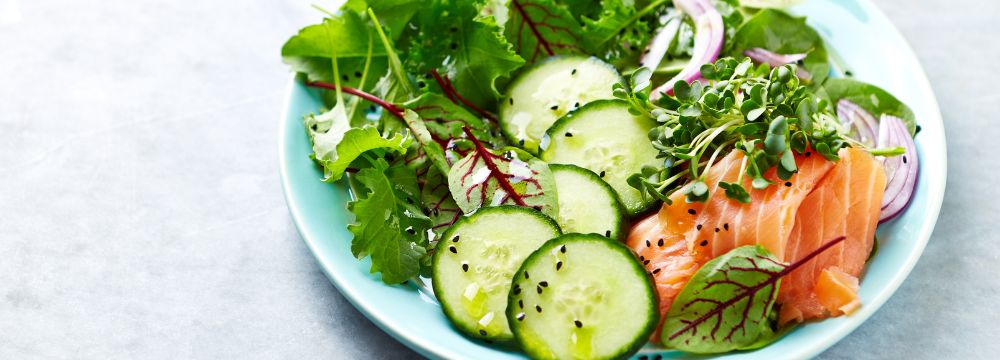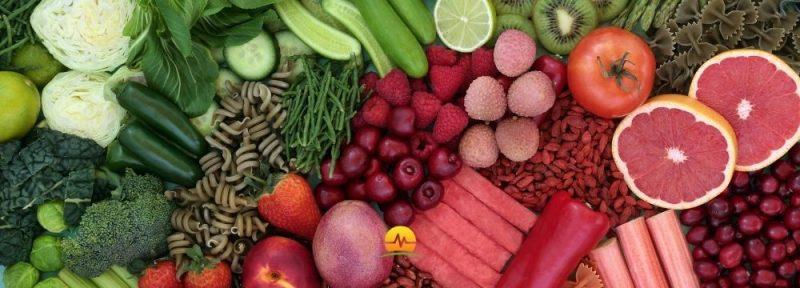
Most Americans are concerned about their health to some degree. And while there are certain diseases that rightly get plenty of attention, others, including those of the colon don’t get nearly as much press as they deserve. In fact, colon cancer is a leading killer of men and women in the United States, but it also represents one of the most preventable and treatable cancers. Unfortunately, however, many patients do not prioritize their colon health the way they should. Cancer is not the only concern when it comes to colon health. Several conditions that affect the colon can be disruptive, or in some cases, even life-threatening if left untreated. While gut health is often a sign of general health, there are certain foods we can eat and others to avoid to keep our guts as healthy as possible, even in our later years.
Fiber
One of the most important factors in colon health is fiber. It seems trivial, but fiber not only keeps us regular but also does wonders for cleaning the colon. Unfortunately, most Americans are deficient in their fiber consumption and may suffer as a result. Fiber is critical to avoiding issues such as diverticulitis and hemorrhoids, amongst others. For those who don’t get enough fiber from the diet, a fiber supplement is a great way to help. Also, remember that fiber doesn’t have to taste like cardboard! Popcorn, raspberries and avocados are just a few of the delicious and often healthy options available to you.
Hydration
While fiber consumption is important, drinking plenty of water goes hand-in-hand. In fact, a dehydrated body results in a colon that doesn’t empty properly. The colon soaks up water to create our feces and proper hydration is critical to ensuring avoiding constipation which can lead to a host of colorectal issues. Bariatric surgery patients should place particular emphasis on their hydration status and follow recommended guidelines from our practice. Remember, the old guidance of 64 fluid ounces a day may not be enough. Depending on your body type and your activity level, you may need significantly more.
The Bad
Just as there are plenty of foods and drinks we should consume, there are lots of things to stay away from as well. It goes without saying that refined sugars, like table sugar, cakes, and foods high in saturated or trans fats should be avoided. They do not contribute to our overall health. Less known, however is avoiding artificial sweeteners which can trick the brain to craving more sugar. Also, be careful with antibiotics, as overuse can destroy the good bacteria in the gut. Even long-term proton pump inhibitor, or PPI, use for chronic acid reflux or GERD can wreak havoc on the gastrointestinal system.
So, what’s the answer? Ultimately, a well-balanced diet full of whole grains, fresh fruits and vegetables, lean meats and legumes is the best way to maintain both your gut health and your general overall health. Of course, you should always speak to your doctor before changing your diet significantly, especially if you have undergone bariatric surgery. If you are experiencing colorectal issues, we encourage you to contact our practice and speak to Dr. Crean to understand your options.
